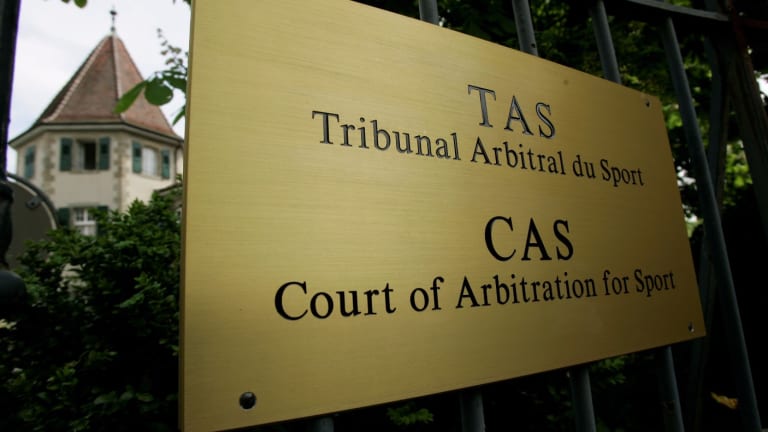On May 27, 2021 the National Assembly of the Republic of Serbia passed a new Law on the Protection of Trade Secret (“Law”). With the entry into force of this Law, the previous Law on the Protection of Trade Secret from 2011 ceased to be valid.
The primary goal of adoption of the new Law is to harmonize the system of protection of trade secret in domestic legislation with the relevant regulations of the European Union.
TERM OF TRADE SECRET & PURPOSE OF PROTECTING A TRADE SECRET
As defined by the Law, any information, i.e. knowledge or experience, on the basis of which legal entities gain an advantage over the competition, can be considered a trade secret. These include, but are not limited to, information related to the production process, business or financial plans, advertising strategies, market research results, or various lists of suppliers and customers, drawings, architectural projects, construction drawings, etc.
The new Law places emphasis on the responsibility of the holder of a trade secret who is obliged to take reasonable measures for its preservation, i.e. preservation of its secrecy.
The Law prescribes many exceptions to illegal acquisition of a trade secret, i.e. acquisition is considered legal if it is done by:
– independent discovery or creation;
– reverse engineering process;
– exercising the right of employees or employee representatives to information and consultation in accordance with special regulations; or by
– other action that is in accordance with good business practice in the circumstances of the particular case.
COURT PROCEDURE
Having in mind the court procedure that may be conducted due to violation of trade secret, the Law regulates in detail who are actively and passively legitimized, deadlines for filing a lawsuit, what can be requested by the lawsuit, temporary measures that can be taken, obtaining, actions and procedure the obligation to provide information, with special emphasis on the secrecy of court proceedings.
Furthermore, the new Law extended the deadline for filing a lawsuit for violating of trade secret, which is one year from the day when the plaintiff learned of the violation and the person suspected of violating business secrets, and no later than five years from the date of the violation or from the day of the last injury if the injury is committed continuously.
Also, the Law restricts the protection of trade secret, i.e. states situations in which the provisions of this Law do not apply, such as, for example, exercising the right to freedom of expression and information, disclosing criminal offenses and other illegal acts, disclosing trade secret by employees to their representatives within the legal performance of the function of representative, and so on, all in accordance with the relevant applicable regulations.
EXTENDED LIABILITY OF ENTREPRENEURS AND NATURAL PERSONS
The Law introduces important novelties related to liability for violation of a trade secret.
Namely, the old Law on the Protection of Trade Secret provided only the liability of legal entities and responsible persons in them, while the new Law introduces misdemeanor liability of entrepreneurs and natural persons, in case of illegal acquisition, use or disclosure of information considered a trade secret. For such a misdemeanor committed by an entrepreneur, prescribing monetary fines for such misdemeanors, both for the entity and the responsible person in it.
Certainly, the goal of Serbian legislator is to achieve the improvement of the protection of trade secret, as well as the procedure of exercising the right in the case of its illegal disclosure, i.e. greater efficiency of the judiciary. Therefore, the entry into force of the Law has a direct impact on all legal entities that have an interest in keeping certain information confidential.
Having in mind the above mentioned, there is now obligation of the companies to harmonize their general acts with the valid regulations, in order to exercise their rights in the best possible way in possible court proceedings.
BOPA remains at your service for any assistance in adjusting the companies to the legal regime, or any additional information in this regard.


